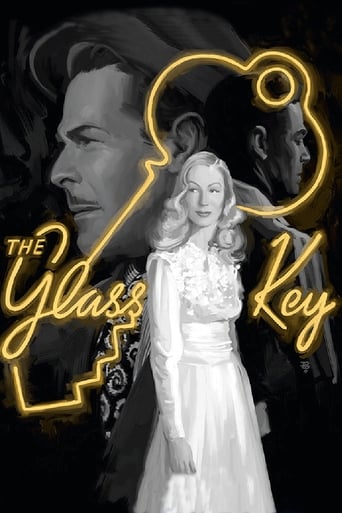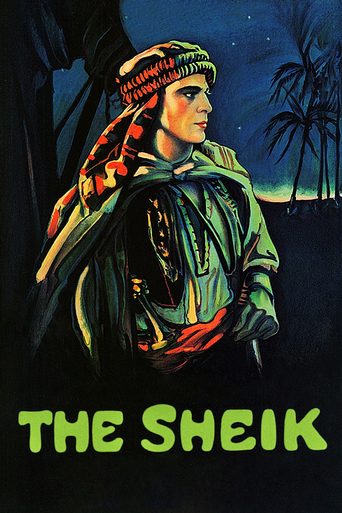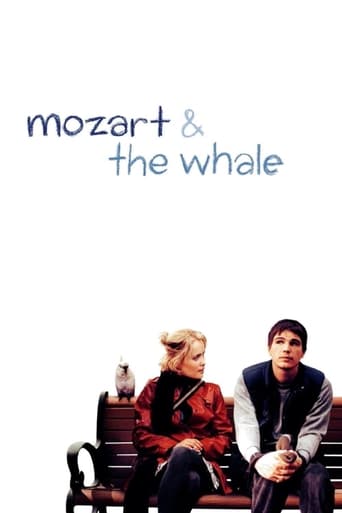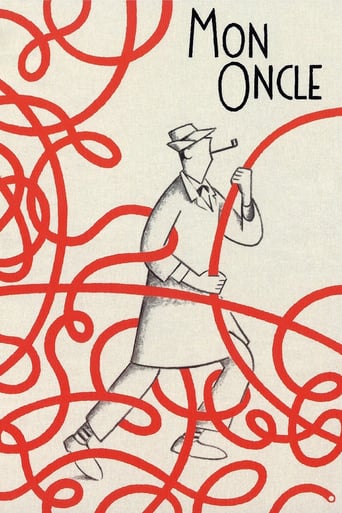


Mon Oncle
Genial, bumbling Monsieur Hulot loves his top-floor apartment in a grimy corner of the city, and cannot fathom why his sister's family has moved to the suburbs. Their house is an ultra-modern nightmare, which Hulot only visits for the sake of stealing away his rambunctious young nephew. Hulot's sister, however, wants to win him over to her new way of life, and conspires to set him up with a wife and job.
-
- Cast:
- Jacques Tati , Jean-Pierre Zola , Adrienne Servantie , Lucien Frégis , Betty Schneider , Jean-François Martial , Yvonne Arnaud


Similar titles
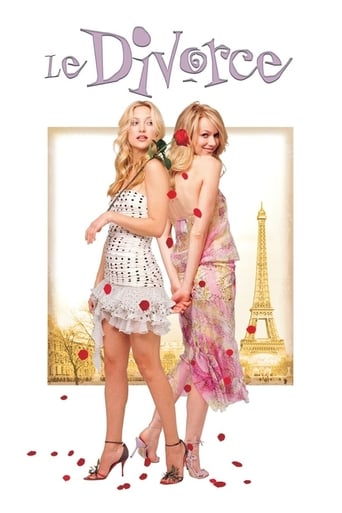
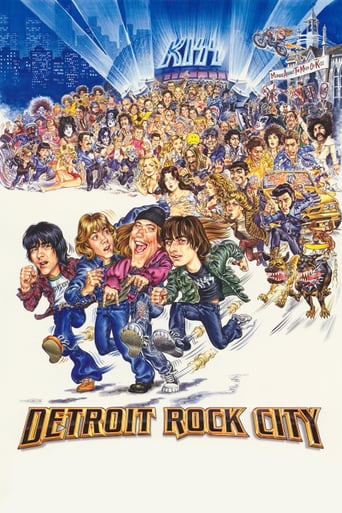
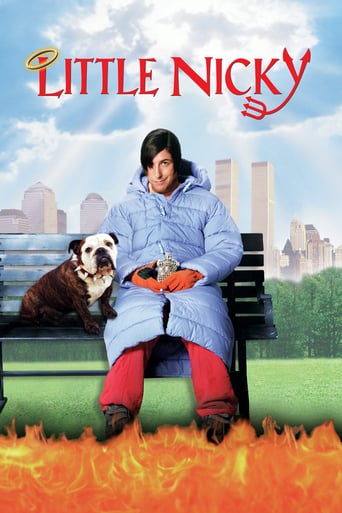
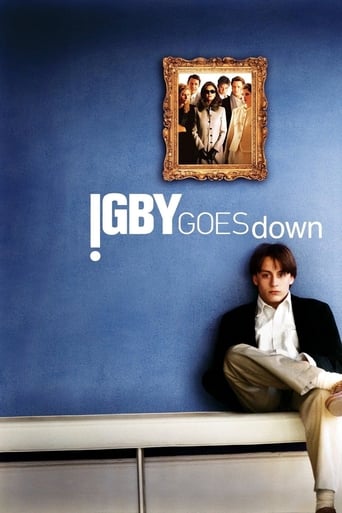
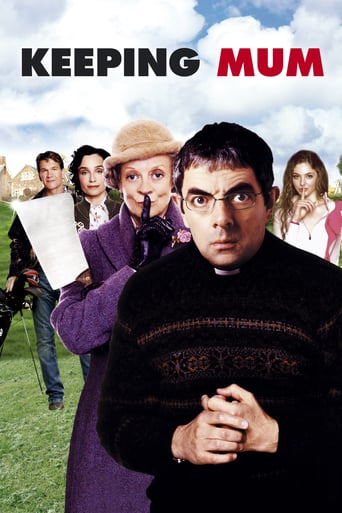
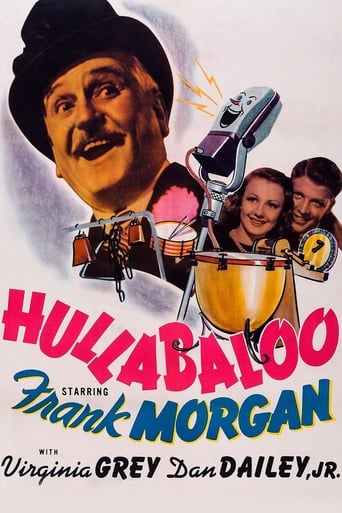
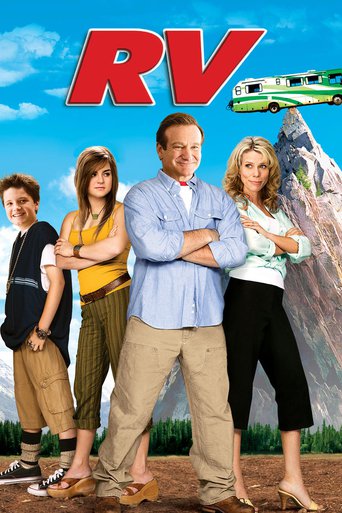
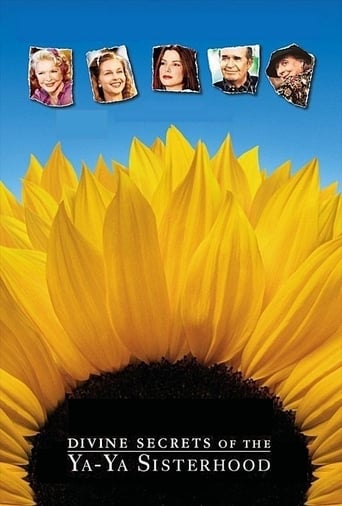
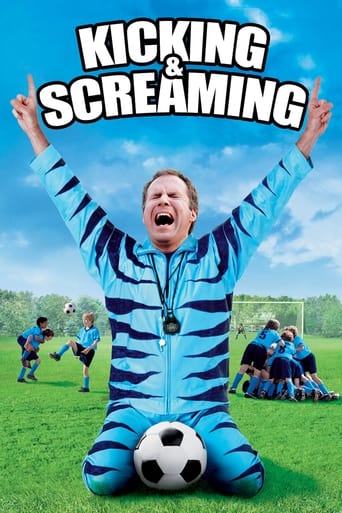
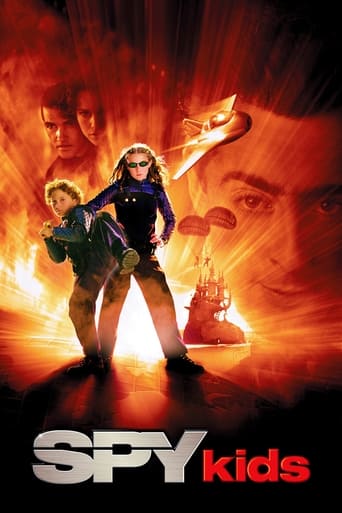
Reviews
Very very predictable, including the post credit scene !!!
everything you have heard about this movie is true.
Crappy film
While it is a pity that the story wasn't told with more visual finesse, this is trivial compared to our real-world problems. It takes a good movie to put that into perspective.
Mon oncle is a movie that did not follow any fashion. Monsieur Hulot did not follow any fashion either. An original main character immersed in a deliberate silence, like Buster Keaton and who, like Charlot, does not fit into Modern Times. The film is, in part, a portrait of the ridicule of post- Modern life. A satire of the precious snobs. It unfolds like a great cinematographic trick. A great show of visual jokes, of mime, of old comedy, of rudimentary and timeless universal humor. An essential way of doing comedy through a language that crosses any border, classic but current. Its photography have the feeling of a cartoon and a comic strip. Its music and its colors refer to the circus and the acrobats of daily life, the clowns of the work and the beauty of the imperfect.
Jacques Tati's Oscar BEST FOREIGN LANGUAGE PICTURE champ, MON ONCLE is his third feature and the first in color, which bestows him a perfect implement to visualize his ingenuity of chromatic outlandishness and architectural brainwave, on top of his already honed-up dexterity in his sui generis comedic bent. The titular uncle, it goes without saying, refers to Tati's alter ego Mr. Hulot, and his nephew is the 9-year old Gérard Arpel (Bécourt), who lives in an eye-catching modern villa (reckoning its time, how incredible it still can sweep new audience off their feet just like that, almost 60 years since its debut) with his parents (Zola and Servant) in Parisian suburb, an outré construction constituted with geometric motifs and glaring color schemes, later in the movie, against a nocturnal background, the house resembles a giant robot with round eyes where two eyeballs bob up intermittently to check the noise Mr. Hulot makes. Its garden is divided into pockets of different colors (green lawns, pink and yellow sands etc.), adorned by stepping stones (definitely not suitable for walking), and in the center there is a fish- shaped fountain would become an ineffable running gag because Ms. Arpel would only switch it on when there are visitors, neither for her own kin, aka. her brother Mr. Hulot, nor a fruit vendor. Equipped with an über-modern kitchen, where everything is run by either a button (e.g. to flip the steak) or automatic sensors (the cupboard conundrum stymies Mr. Hulot), the house permeates with a middle-class complacency borne out of the industrial wealth. Whereas for Mr. Hulot, he lives, in company with other households, in a slightly decrepit building which has its own idiosyncratic attribute, the building's windows, staircases and landings are entwined in an unconventionally genius layout, fashioned by Jacques Lagrange (as one of the key artistic collaborators), it is absolutely an apotheosis (along with the villa) in the strand of contemporary production design. Same can be extolled to costume designer Jacques Cottin, whose creation tallies with the film's startling color and geometric pattern and whimsically fleshes out a farcical tinge of bourgeois wackiness, a scrumptious grace note is the middle-aged neighbor (Marie), whose grandiose appearances in bamboo hat and later as a"carpet" are simply divine to gawp. The satire of preferring superficiality and technology to utility is very much on the nose, and indeed that is why Tati's work is so admirably pellucid in reflecting his own frame-of-mind, it is a light comedy, the plot and dialogue barely exist, Mr. Hulot is perpetually the oddball finds himself difficult to fit in anywhere, yet the film is anything but frothy, each and every vignette is punctiliously devised to perfection under a good-natured timbre with wry humor, in the end, it is the familial bond that matters, a boy finds a similar vibe with his priggish father while seeing off his favorite uncle at the station, the ending anticipates Tati's next pièce de résistance PLAYTIME (1967). A high priest of post-modernism, Tati's legacy in cinema cannot be more overstated in his absolute talent in balancing quotidian absurdity with a high-end conception which stands out as a universe of its own, a virtuoso cinematic comedian-starchitect first and foremost, Tati takes up the baton of those eminent names before him like Lumière Brothers, Keaton and Chaplin, and arguably he has gone further and bolder.
Chaplin, Keaton, Jerry Lewis, Inspector Clouseau, Mr. Bean . We know all of these characters, but what of Hulot? The French pantomime from the wonderful imagination of Jacques Tati. Not to say that slapstick comedy hadn't existed or flourished already under the world of Chaplin, but Tati offered a unique, intimate, and really gentle version of it. That is to say, he combines it with the principles of Italian Neorealism. It's Micro-Slapstick, as I would call it. A combination of real life, silly and sublime, is what Tati is striving to look for. No film of his better exemplifies this idea than Tati's first color picture "Mon Oncle". It's a series of long-form skits, filled with very humorous micro-actions and very foolish behavior on behalf of Hulot and the entire set of goof-ball players. The story simply tells of Hulot, down on his luck, crashing at his sister's place in order to find a job in a new city. What follows is comedy of errors. As we know, Hulot can't help himself, and his naïve curiosity leads him into some embarrassing and outrageous situations. But tomfoolery is gracefully done by all of the actors and the director himself. It's a ballet of sorts. Take for instance a scene where Hulot accidentally block the flow of water to the strange fish-shaped fountain in his sister's front lawn, during a lavish dinner party. For about ten minutes or so, we see the event unfold, in a long shot, as we are guided through the step-by-step process of fixing the problem. Hulot tries to stick his foot back onto the hole, which works temporarily, but he can't just keep his foot there! After a while of strange problem solving, Hulot runs off, and leaves the patrons of the dinner party to deal with the problem themselves. What follows is another series of embarrassing problem solving, this time revolving around people who don't have a clue as to how the situation happened in the first place. Every last action is as monotonous, strange and silly as a predicament like this would play out in real life. Tati allows us to appreciate the simple fact of life, that when things go bad, they tend to go worse over time. What about the gentle side of the picture? Can it be just mishaps, or is there truly a heart to the picture? Well there certainly is, and it even begins at the very beginning. The film opens and ends with a group of puppy dogs frolicking around the French city of which the film takes place. As adorable as that is, it's a reassurance that where Tati is taking us is a happy little place. The spirit from the very beginning is just plain fun. All of the jokes and gags that the film offers us definitely exist along the lines of laughing with the performers, not at them. It's just plain fun to embark on some mischief. Take for instance, the scene where the little kids of the town gamble to see how many townspeople knock into a lamppost. It's hilarious, in that classic child prankster way, and definitely as harmless as they come. The parents all blame Hulot for influencing the trouble, but Hulot doesn't care, for he and boys are having way too much fun. It all cultivates near the end of picture, when he gather up the boys in order to dispose of a clump of rubber hoses that he accidentally made at the factory. Hulot and boys throw the big pile off of a bridge, into the water, and scare a teenage couple down below into thinking that a suicide had taken place. The boys and Hulot run off in their wagon, and sing songs all the way home. There's such an innocence to these actions, and reminds us greatly about the simplicity of childhood. Hulot is a little kid at heart, and much to the parents with whom he is living with; the careless fun eventually rubs off them. Through a series of pantomimes, gestures and other events, Tati creates a beautiful world of childhood wonder, and that is what makes the film "Mon Oncle" unlike any slapstick comedy ever since. It's the child at heart that Tati was able to capture in all of us through his titular character Hulot, and through his films, we'd all like to be like those puppy dogs, and scamper about the streets of France, looking for fun at every turn.
Horrible movie, worthy of a garbage can.I can not understand how a movie with few speeches and a still camera that tries to mimic roughly the silent films of Chaplin can have any kind of expression. Harrowing, illogical, boring .... only not worse because they gave up over the 1st 30 minutes. Should be interesting to pseudo intellectuals and masochistic. The interpretations are mechanical breakdown and attempted escapes all logic. The French cinema since we produced less boring movies and already own language is tiring. Do not want to see anything else this director has done. I prefer the German cinema or even the newer Brazilian productions.

